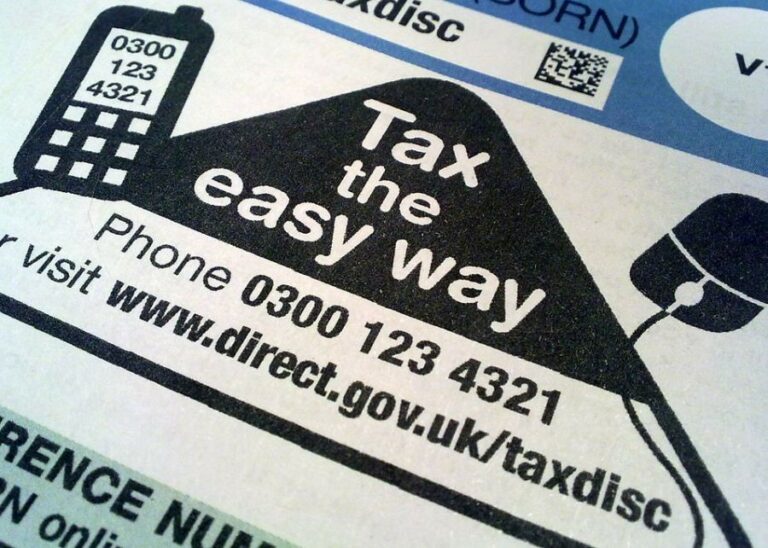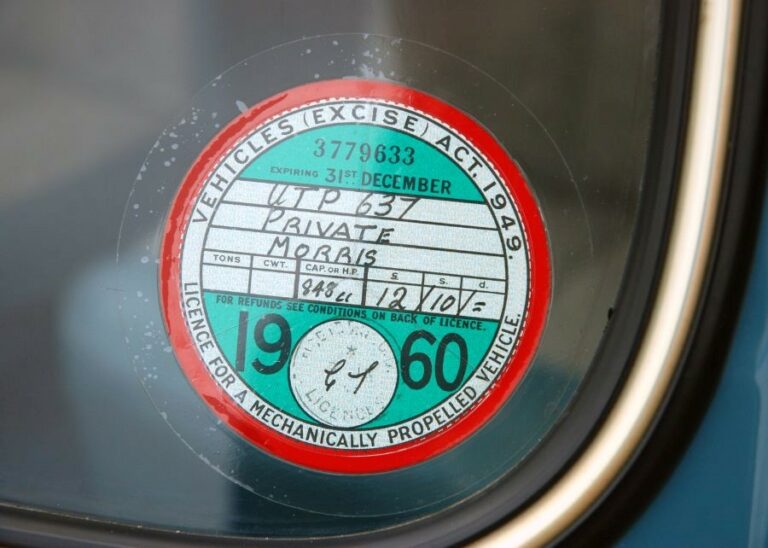Like many tax systems, benefit-in-kind rates are subject to change, and that’s not new news. It’s the same old with things like these, taxation rates increase over time and this is what company car tax rates are looking like for this year.
Did you know those fleet sales make up around half of the UK’s new car market? So maybe not all company cars are used for business and pleasure, but it’s clear that both firms and employees love them and see them as something that is definitely worthwhile, who wouldn’t?
This is where it gets interesting, well we think so anyway. When good things seem too good to be true, they generally are and it’s the same with these company cars too. Company cars are great and all that but they do attract a lot of love and interest from the HM Treasury. It’s no surprise there that they’re subject to tax, treated as a Benefit-in-kind, and subject to a variety of percentage rates.
What are the rates? Well, these all depend on which tax bracket your salary puts you in and your car’s value, as well as its carbon dioxide emissions too!

What are the key company car benefit-in-kind tax decisions?
The Government made some strong decisions for 2021/22 and they were that:
- To the boss, the shift to zero-emission cars, all zero-emission models will be 1%, and took effect in April earlier this year. This is planned to increase to 2% in 2022/23 up until 2025.
- For any cars that were registered before April 6, 2020, rates for 2021/22 will be frozen at previous levels that were announced for 2020/21, which was 2%.
- Following on from the above, for any car registered from April 6, 2020, then most company car tax rates were reduced by 2% in 2020/21. These then returned to planned rates over the following years and increased by one percentage point recently this year.
How are company car tax rates calculated?
Now, this is where it gets complicated. We’ve tried to keep it as simple as so far, but sadly, if there’s one bit that’s going to mess with your head, it’s this.
Company car tax rates are calculated. This is where the maths comes in. How they are calculated is by, multiplying the value of the vehicle, which is also known as the P11D value, by its benefit-in-kind rate, and then multiplying that by your income tax bracket. In England, we know that this tax bracket is either 20% or 40%.
What is the P11D value?
That brings us nicely to this question. So, the P11D value is the value of your vehicle in the eyes of our lovely HMRC. But what exactly does this list price include? It includes factory-fitted options, delivery charges, and VAT.
The only thing that this value doesn’t include is the first registration fee or road fund licence.
When it comes to the benefit-in-kind rate of tax, then what you’ll pay for this on your company car really does vary and depend on which tax band your vehicle falls in, and this is determined by your vehicle’s CO2 levels.
Depending on what you use your company car for, whether it’s for personal and part-time use, then your tax rate might be lower again too. It’s the same if you contribute to the cost of its purchase as well.

Looking for your perfect company car?
There are so many things to consider when choosing a company car, and you’re probably going to want to get all of the information you need so that you can make the right decision.
Here at Jamjar, we can help you get rid of your current car first if needs be. Our friendly and easy-to-use online car buying comparison site can help provide you with exactly the quote that you’re looking for. We can help you find the exact quote you’re looking for that is suitable for you.
We work with only the best UK car buyers throughout the country and we would love for nothing more than to put you in touch with them, to help you sell your car what do you say?


















































